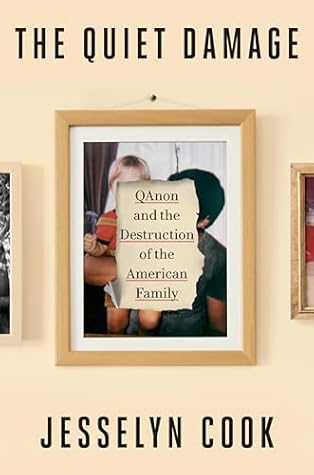More on this book
Community
Kindle Notes & Highlights
Read between
September 16 - September 21, 2025
In 2021, a staggering 15 percent of Americans agreed that the government, media, and financial worlds were “controlled by Satan-worshipping pedophiles,” polling found. By late 2024, that number had climbed to 19 percent.
It was rich listening to him—Tucker Swanson McNear Carlson, a multimillionaire, prep school–educated, carefully coiffed trust fund baby who summered in Maine—position himself squarely among the downtrodden, shoulder to shoulder with his viewers, decrying plots by “the elites” against “the rest of us plebes.”
In the bigger picture of America’s long, waxing and waning track record of mass delusions, and despite claims to the contrary, the Covid-19 pandemic was not an unprecedented era of paranoia. But on social media, where the average American spent more than five hundred hours in 2020, falsehoods spread like viruses themselves. And when the world shut down, people’s immunity against them deteriorated.
Already, Trump’s hold over an expanding portion of his base—his tribe—was more powerful than black-and-white, smack-you-in-the-face reality itself; facts be damned. Standing with the tribe was more important than standing for the truth when one’s ideology became their identity.
Research suggests that harboring grievances—whether they stem from real or perceived offenses—actually makes people feel good. Brain-imaging studies have revealed that feeling aggrieved, and in turn, desiring retribution, stimulates the same neural reward-processing circuitry as narcotics.
It would seem entirely logical to fight fiction with fact. But therein lies a fraught assumption. Beneath these kinds of delusional beliefs, in many instances, is not a desire to be accurately informed, but a need to be internally comforted.


